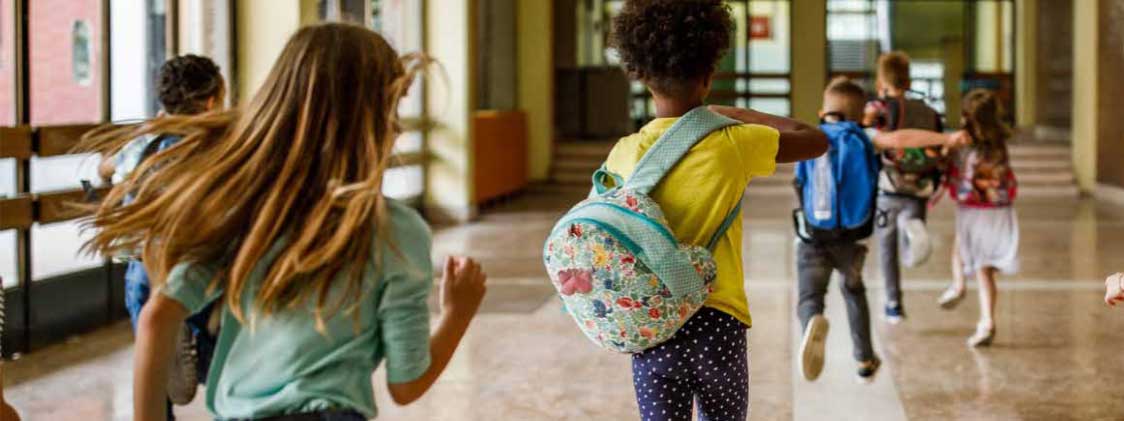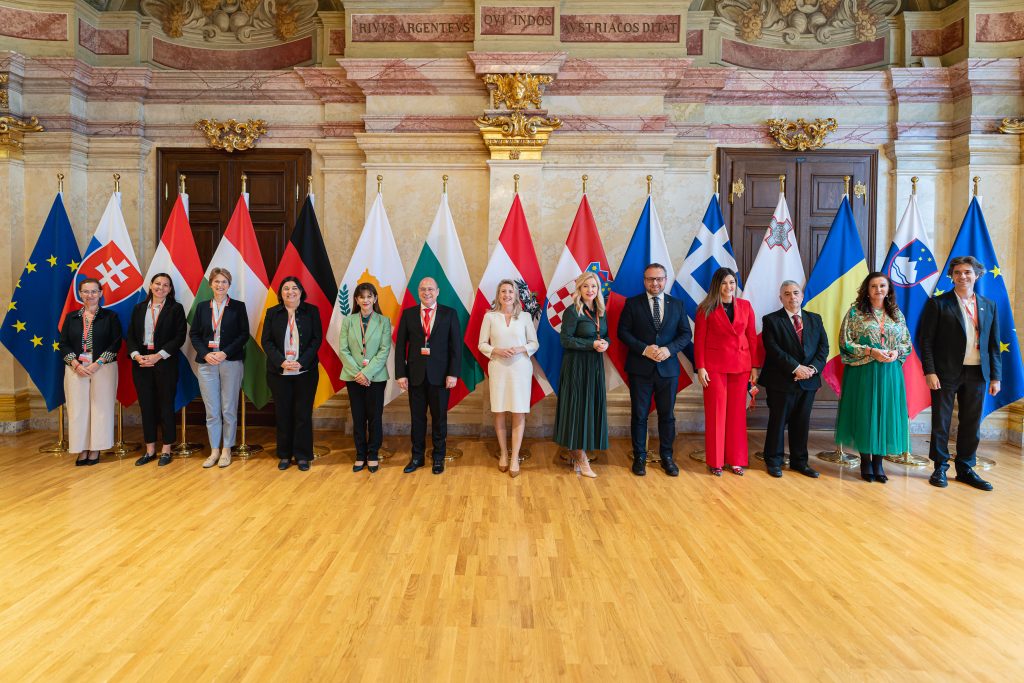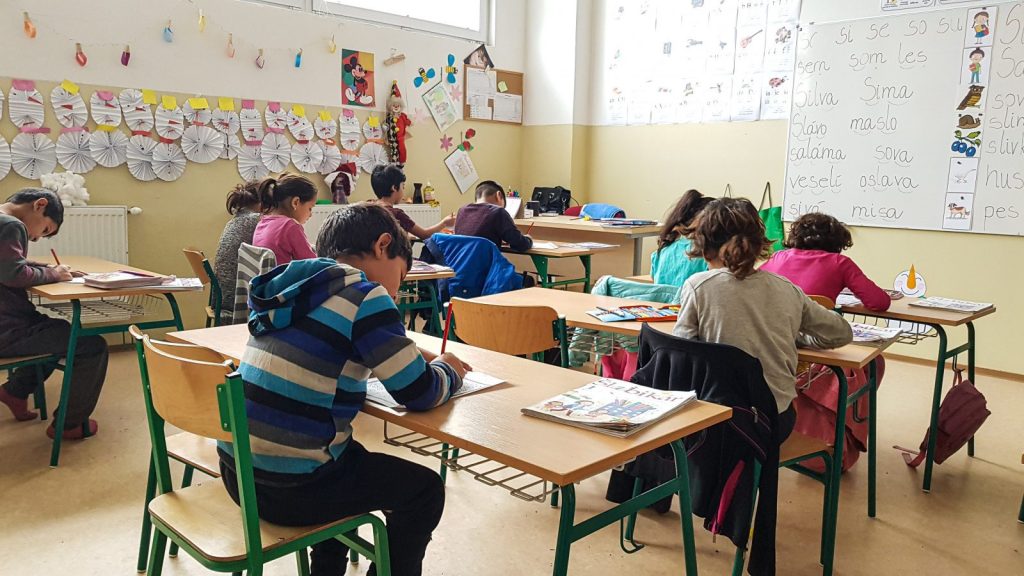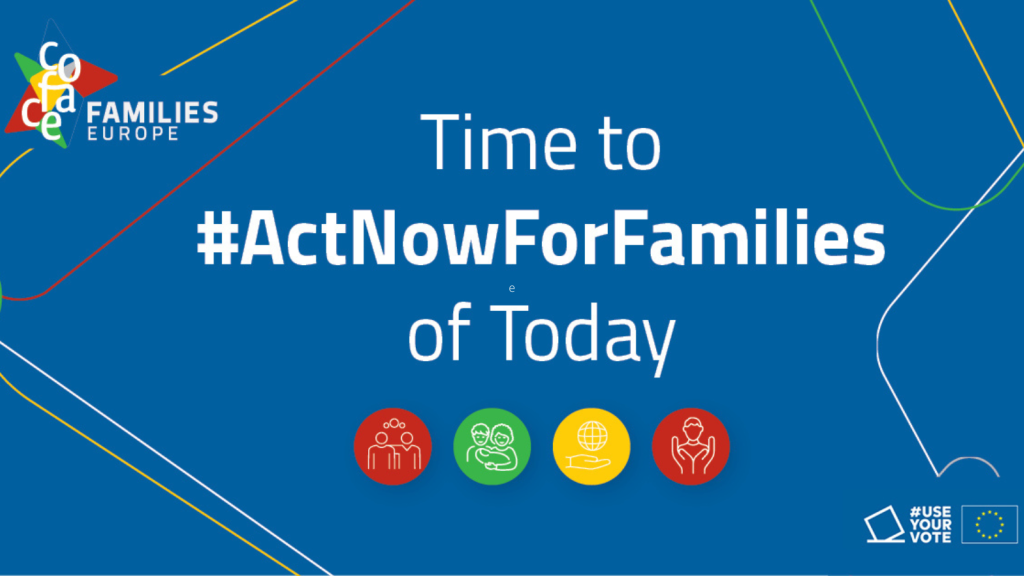Every year, la Ligue des Familles (Belgium) calls for the effective implementation of free schooling. But why? Is it really that expensive? Is it really that bad? Is it not simply the price to pay for a quality school? To answer these questions, this year, the organisation has chosen to give the floor to seven very diverse families, but united by their difficulty to face school fees.
Education currently involves a range of costs. Some are allowed. Others, of which there are still many, play with the boundaries of the law, or are downright illegal. The fact remains that these costs are often significant and make the most vulnerable families even more vulnerable.
“For school materials, last year it cost me a total of 750 euros for the three children. That’s a lot. (…) That’s half of what I get every month! To pay for this, every month I take 50 euros out of my budget so that when I arrive in September I have enough money. (…) There are times when you really have to tighten your belt (…)”
A constant concern
In order to cope with the most important expenses, such as the start of the school year or a school trip, parents spread them out over time. Each cost must be anticipated and remains a constant burden in the mind. Families must manage to cope with these costs, which sometimes exceed their financial capacity. This is a constant mental burden for the parents, especially for the mothers who are most often in charge.
“I always try to find a solution to pay for them to go [to school]. Even if sometimes I get upset… I collapse under the expenses and everything…”
School comes first, the fridge second
“I have a notebook where I write down important things. I know I have my rent and all my bills to pay, and then I put that cost [of school] in there and then, with that, that’s where I know what I’m going to eat for the month (…) So that’s it, you’ve got to put the priority stuff, then school and then, with that, you know what you’re going to live with, feed yourself.”
This order of priority in the family budget seems to be shared by all the parents interviewed in this survey. Children, and by extension school, come first before many other items. This can lead to a form of sacrificial behaviour on the part of parents, who will forego many expenses for themselves in order to be able to continue paying for school. For example, one mother explained that she was postponing the purchase of new glasses, while others explained that they never went on family holidays, while paying very large sums of money for school trips or snow camps.
And yet they pay
Despite these difficulties, most families continue to pay these costs, which sometimes contributes to making the struggles faced by parents unnoticeable. In fact, thanks to solidarity mechanisms (such as public social services) or organic solidarity (such as recourse to relatives), some parents manage to bear these costs. Applying for this support is not easy. The parents concerned suffer from their inability to pay and experience this dependence on support as a humiliation.
“You feel like you are begging. It’s not being a beggar in the street, but it’s going to beg … it’s swallowing what you are, your pride.
And then there are those who don’t make it. There are dramatic cases, such as those humiliating situations for children when teachers do not allow the child to participate in a lesson, while asking them to be present to watch their classmates. When pressure is put on to sell more and more raffle tickets. Or when unpaid fees lead to exclusion from school.
A difficult relationship
The relationship between parent and school is an important issue. However, the testimonies of parents who are put in difficulties due to school costs show how difficult it can be to build quality relationships between schools and parents due to the existence of these fees.
“Money is a pollutant in relations with the school, because we are obliged to show our private life and tell each other that (…) we have this life. But (…), we want to hide it to keep our dignity (…) and to be on the same level as everyone else.”
And when schools break the rules on school fees, parents are either unaware of it or afraid to react. This is why the Ligue des Familles is calling for a free school inspection.
“You know, there are things that may be forbidden by law, but we don’t know, so we have to do what they say. (…) When you go to battle with the school, you have to be solid. (…) And then, they can throw my child out afterward or whatever… It’s a pot of iron against a pot of sand. And between me and the school, it’s certainly them who will win. So I prefer to keep my silence.”
Don’t stop at nursery education
Free school supplies were introduced gradually in nursery education: first in nursery 1 in 2019, then in nursery 2 in 2020, and finally in nursery 3 at the start of the school year in 2021. What happens next? This is the question that the Ligue des Familles wants to ask. To date, nothing is planned – let alone voted – for primary and secondary education.
However, these levels represent a higher cost for families and should therefore also be made free. La Ligue des Familles calls for the movement to continue and for the gradual introduction, from the start of the school year 2022, of free school supplies and a cap on the cost of primary school trips. This implies ensuring that schools are adequately funded so that free schooling is not perceived as a hindrance to the organisation of certain activities or to the quality of education.
This is what was foreseen in the Pact for excellent education: “the reinforcement of free education must be considered sequentially, first in nursery education, then in primary education, then in secondary education”, as well as in the government agreement, which intended “to pursue and reinforce the measures adopted in the field of free education and to set a progressive schedule for the implementation of free education”. The difficulties experienced by families show us how urgent it is to implement these commitments.
More information here (in French).





